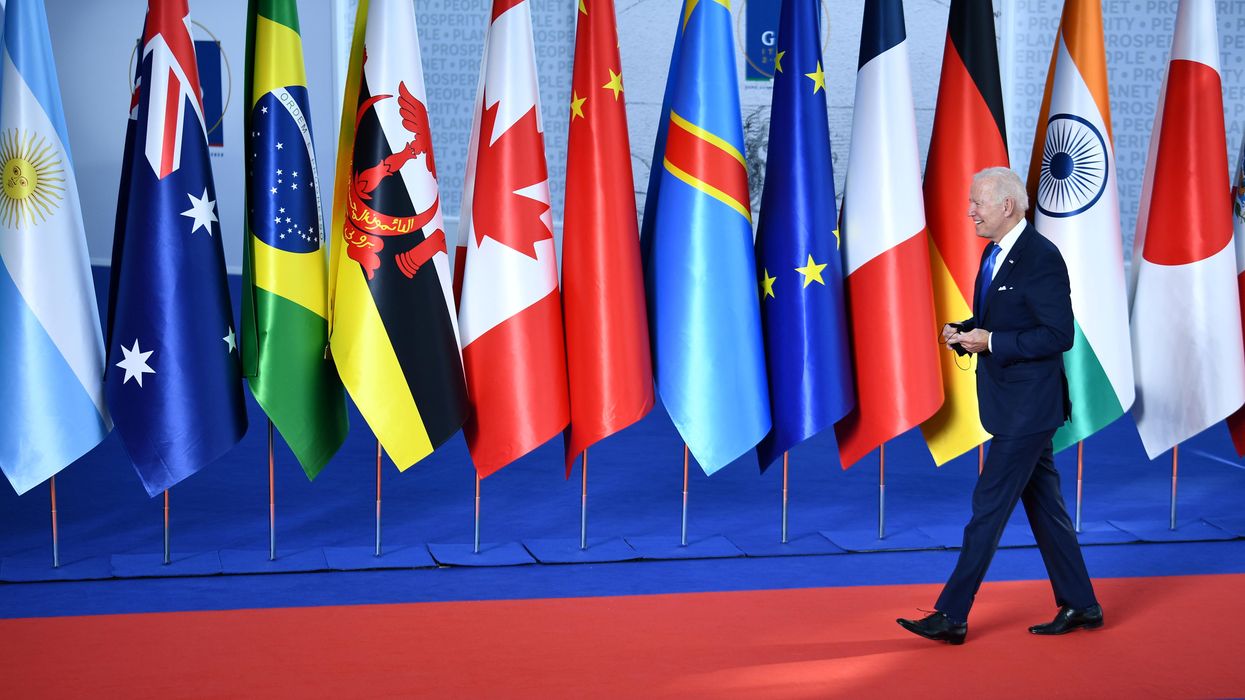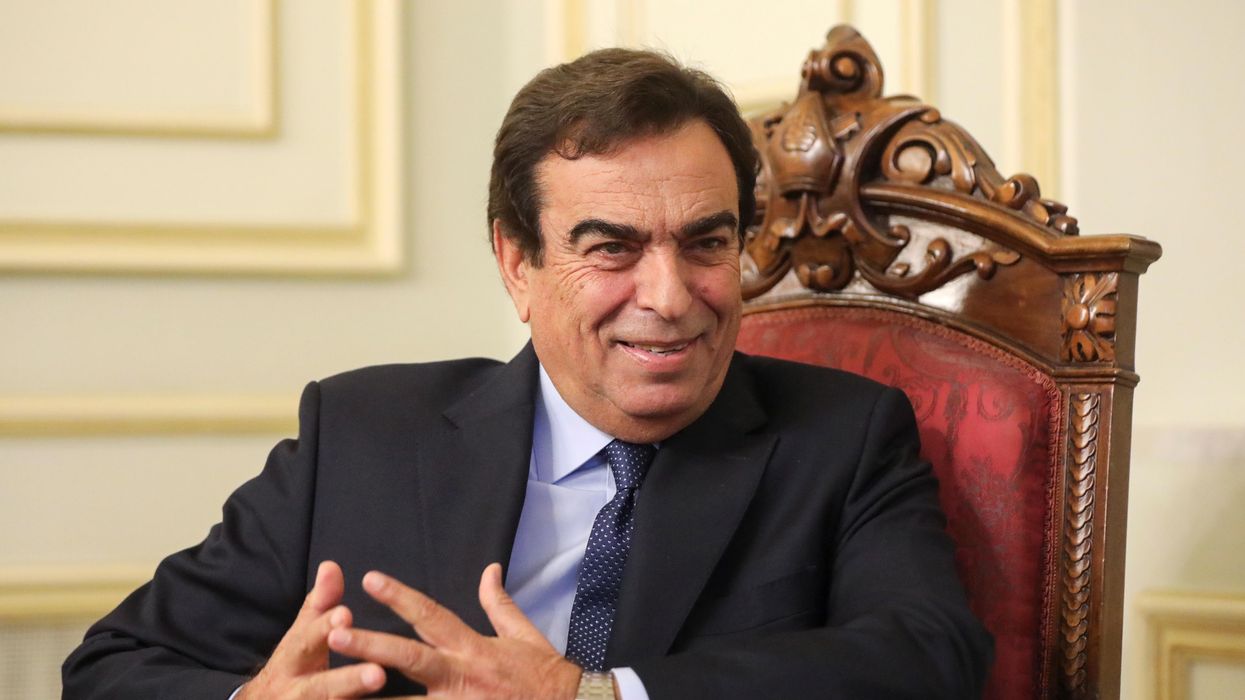News
What We’re Watching: Biden in Europe, Gulf states vs Lebanon, elections in Nicaragua, South Africa & Virginia
US president's Euro trip, Gulf states lash out at Lebanon, Nicaragua's fake election, ANC feels the heat as South Africa votes, a nail-biter in Virginia
Oct 31, 2021


